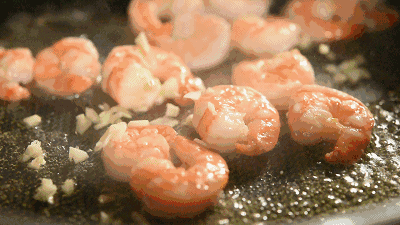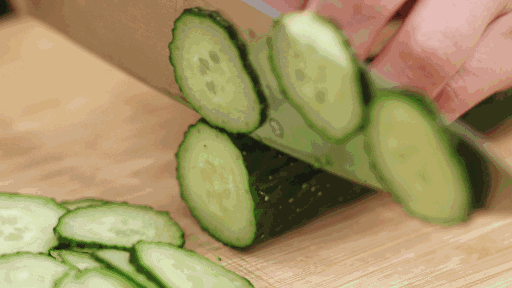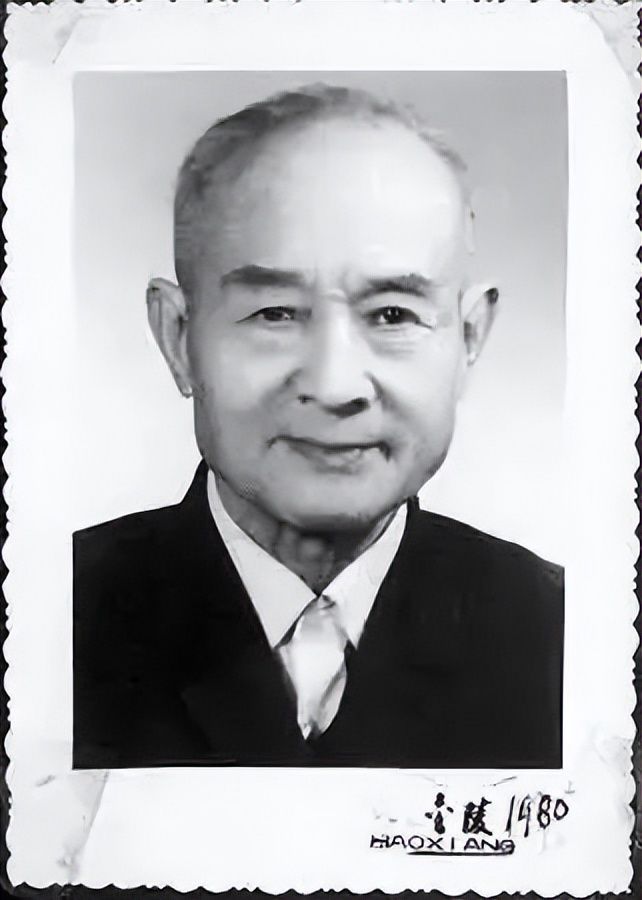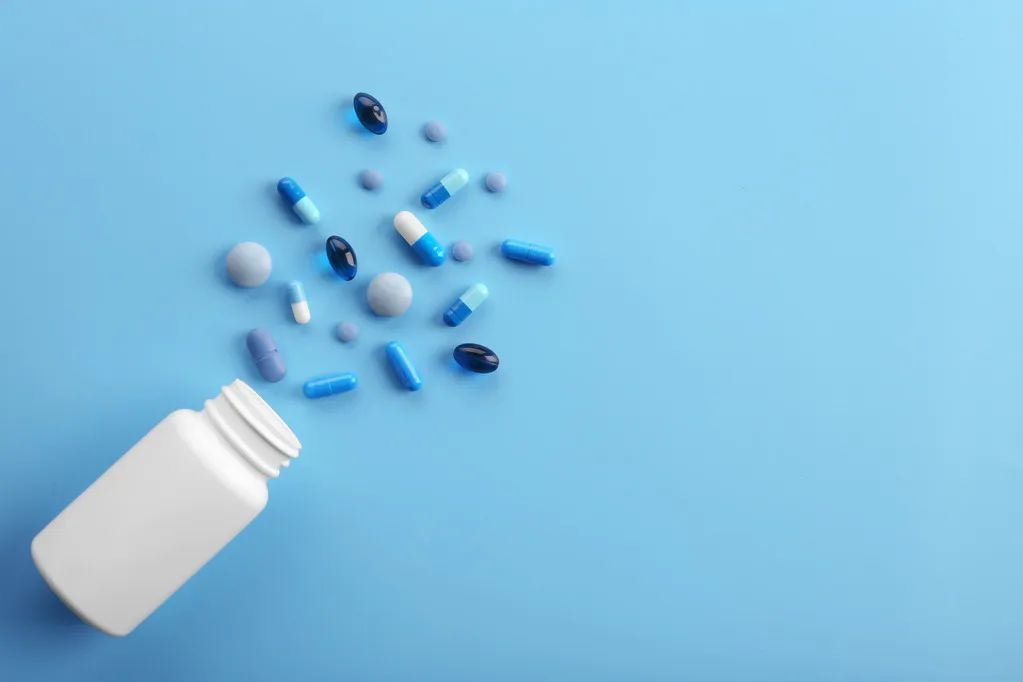Does "Food Compromise" Really Exist? Today, I will sort it out for you
When many people eat food, they not only consider whether the taste is good or not, but also consider whether the combination of the two will "combine each other".
For example, persimmons and crabs, spinach and tofu, shrimps and vitamin C... Rumor has it that these are all common "food-for-me" combinations.
Recently, the topic of "Is it reliable to say that food is mutually exclusive" has been on the hot search list on social platforms.
Can these foods really not be eaten together? The editor will reveal the truth of "food is against each other" for you, and tell you under what circumstances you need to avoid it.
Interviewed experts
Xu Weisheng, associate researcher at the Institute of Nutrition and Health, Chinese Center for Disease Control and Prevention
Xie Wei, Deputy Director of the Department of Traditional Chinese Medicine, Southern Hospital of Southern Medical University
Luo Yan, chief pharmacist of the Pharmacy Department of the First Affiliated Hospital of PLA General Hospital
These foods are not compatible
Eating with ordinary food will affect the absorption of nutrients at light, and cause poisoning at worst? In fact, these claims about "food fight against each other" are all rumors.
01
Persimmon + Crab/Dairy
Many people have been told since childhood that persimmons and crabs cannot be eaten together, otherwise they may die.
the truth:
Persimmons contain tannins (tannic acid), and the tannin content of immature astringent persimmons can be as high as 4% or more. When a large amount of tannin is ingested, there is also a lot of protein in the stomach, which will form insoluble complexes and make pepsin inactive.
The legend that persimmons and crabs cannot be eaten together refers to astringent persimmons with high tannin content. In fact, eating astringent persimmons alone is not safe.
If it is a ripe sweet persimmon, there is nothing wrong with eating it with crab. In the same way, it is false that persimmons cannot be eaten with bananas, crabs, prawns, sweet potatoes, and milk.
02
Shrimp + Vitamin C
Shrimp is rumored to contain large amounts of "pentavalent arsenic compounds," which vitamin C converts into highly toxic trivalent arsenic, known as arsenic.
the truth:
Most seafood products contain stable organic arsenic, and extremely small amounts of inorganic arsenic will be quickly metabolized and will not react with vitamin C.

In addition, my country's fish arsenic content standard is 0.1 mg/kg, and arsenic intake of 100-200 mg is fatal. That is to say, even if you eat 10 kilograms of qualified seafood, plus enough vitamin C, it will not be poisoned.
03
Spinach + Tofu
Some people say that tofu contains calcium and spinach contains oxalic acid. Eating the two together will form calcium oxalate, which is easy to get stones.
the truth:
Most leafy vegetables such as rapeseed, cabbage, and amaranth contain oxalic acid, and the precipitate formed by the combination of calcium and oxalic acid will eventually be excreted.
Of course, this reaction reduces the availability of calcium in tofu. Blanch the water before frying the leafy vegetables to remove part of the oxalic acid.
04
egg + soy milk
There are rumors that soy milk contains trypsin inhibitors, which inhibit protein digestion and reduce the nutritional value of eggs.
the truth:
Soybeans do contain this substance, but after the soy milk is cooked, the trypsin inhibitor is inactivated and cannot play any role.
Soy milk itself is a high-protein food. If protease inhibitors still exist, it will definitely affect the digestion and absorption of soy protein itself, which has nothing to do with eggs.
05
cucumber + tomato
There is a saying on the Internet that cucumbers contain vitamin C decomposing enzymes, and tomatoes contain vitamin C, and the same food will affect the absorption of vitamin C.

the truth:
There are indeed studies showing that cucumbers contain some of this breaking down enzyme, but in very small doses. According to the Chinese food composition table, the vitamin C content of cucumber is 9 mg/100 grams. If cucumber contains a lot of vitamin C decomposing enzymes, it will also destroy its own vitamin C.
The main way that vitamin C is destroyed is heating and air oxidation. In contrast, eating the two together will not affect nutrient absorption.
06
Peach + Watermelon
Rumors say that eating peaches and watermelons together can be highly toxic.
the truth:
The nutrients contained in peaches and watermelons are not special. In addition to water, the most content is sugar. In addition, they also contain some common ingredients such as vitamins, minerals, dietary fiber, a small amount of protein and fat.
From the perspective of nutritional composition, there is no reason to be poisoned if eaten together. Therefore, peaches and watermelons can be safely eaten at the same time.
Why is it uncomfortable after eating?
As early as 1935, Zheng Ji, a leading nutritionist and a professor at Nanjing University, collected 184 pairs of food in folklore, and chose bananas and taro, peanuts and cucumbers, green onions and honey, crabs and pits, and crabs that have more opportunities to eat together. With 14 groups of foods, such as pomegranate, crucian carp and licorice, preserved eggs and sugar, let animals and people try it.
The results showed that within 24 hours after eating, the expressions, behaviors, body temperature, color and frequency of feces of all the tested animals and people were normal. This is the first time that scientific experiments have been used to verify and refute the claim that "food is incompatible" causing disease.

In 2008, Lanzhou University and Harbin Medical University also conducted a similar experiment, and the subjects had no obvious adverse reactions.
In life, there are some so-called food problems, which are actually personal physical problems:
Lactose intolerance
This kind of people will have diarrhea if they drink milk alone. At this time, if they happen to eat it with other food, the phenomenon of "food mutual restraint" will occur.
Bacterial infections
For example, Vibrio cholerae often contaminates fish, shrimp, crabs and other aquatic products. If someone eats unclean aquatic products and another food, which leads to disease, this may become a group of "comparable foods".
allergic phenomenon
Including seafood allergies, peanut allergies, egg allergies, etc. In theory, as long as it is a protein-containing food, it may cause allergies and cause discomfort.
irritable bowel syndrome
This is a group of persistent or recurrent clinical syndromes including abdominal pain, bloating, changes in bowel habits, and abnormal stool patterns. Emotional factors, diet, medications, or hormones can trigger or worsen the condition. Patients may experience abdominal discomfort no matter what they eat.
It should be reminded that if you feel discomfort after eating, it cannot be relieved by itself in a short time, and you should seek medical attention in time.
Some drugs can "conflict" with food
Food does not exist, but when taking certain drugs, you need to pay attention to taboos to avoid adverse reactions or even poisoning.

calcium tablets
Avoid spinach
Spinach contains a lot of potassium oxalate, and oxalate ions will precipitate calcium ions, hinder the body's absorption of calcium, and easily form calcium oxalate stones. Spinach should be eaten after blanching, and do not eat spinach within 2 hours before and after taking calcium tablets.
Antihypertensive drugs
Avoid grapefruit
Because naringenin in grapefruit juice can affect the function of a certain enzyme in the liver, and this enzyme is related to the metabolism of antihypertensive drugs, it is easy to cause excessive drug concentration in the blood and increase side effects.
Antidiarrheal
Avoid milk
Not only does milk reduce the effectiveness of antidiarrheal drugs, but the lactose it contains can also make diarrhea worse.
aspirin
Avoid alcohol
Alcohol is first oxidized to acetaldehyde in the body, and then to acetic acid, and aspirin will prevent the oxidation of acetaldehyde to acetic acid, resulting in the accumulation of acetaldehyde in the body, which can lead to headache, nausea, sweating, chest pain, myocardial infarction, dyspnea, acute liver injury wait for the consequences.
antibiotic
Avoid milk and juice
Do not drink milk or juice for 2 hours before and after taking antibiotics. Milk will reduce antibiotic activity, and fruit acids in fruit juices (especially fresh fruit juices) will accelerate the dissolution of antibiotics, which will reduce the efficacy of drugs.
ibuprofen
Avoid coffee
Ibuprofen (fenbid) stimulates the gastric mucosa, and the caffeine in coffee will stimulate gastric acid secretion, aggravate the side effects of ibuprofen on the gastric mucosa, and even induce gastric bleeding and gastric perforation.
Dear viewers, what do you think after watching this? The comment area looks forward to your message.
Subscribe to me for something different every week!
Like my work? Don't forget to support and clap, let me know that you are with me on the road of creation. Keep this enthusiasm together!
